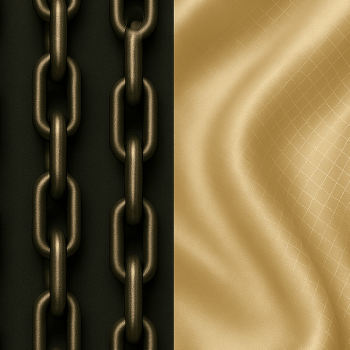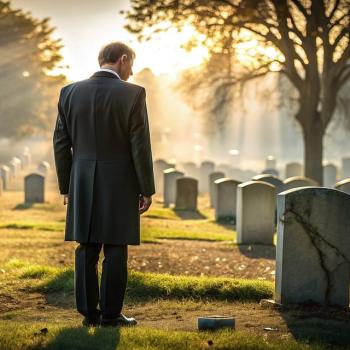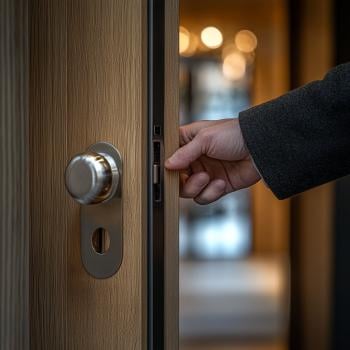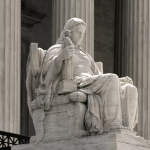Should we be concerned that society is becoming more secular? This is something that I talk and write about a lot.
Today, a friend texted me this photo, explaining, “I came across this dilapidated, old church with vultures all over it, and I thought of you.” Haha, thanks, I think…

Analysts estimate that between 75 to 150 churches close every week in America. Generally, attendance is lower at those churches that remain open, too, especially since the pandemic.
Almost 30% of Americans are religious “nones” or religiously unaffiliated, the single largest group. Thus, 40% of Millennials, 30% of Gen X and 20% of Boomers claim no affiliation.
According to the General Social Survey, less than one-half of Americans are “certain” that God exists. In many European countries, only 10% to 30% of the population are “certain” that God exists.
According to the Survey Center on American Life, only 30% of people married in the last decade had religious ceremonies. Increasingly, funerals are held in alternative venues, too.
Spiritual writers like Jim Palmer are writing about cultural Christians, those who appreciate Christian culture or received Christian values, but do NOT necessarily embrace Christian beliefs.
Some people cannot subscribe to the speculative beliefs, supernatural doctrine, and unkind practices that many Christians embrace. Those disenchanted with religion will note that our culture wages war; subjugates women; permits climate change and species extinction; mistreats the poor, the sick and the immigrant; and marginalizes LGBTQ people; often in the name of religion.
Should We Be Concerned That Society Is Becoming More Secular?
In The Way, I wonder, “Where did we learn to confuse beliefs with facts? We learned that in church. Where did we learn to support people who share our beliefs and to oppose those who do not? We learned that in church. Where did we learn that God rewards us for our beliefs—and therefore, that God will punish others for theirs? We learned that in church, too.”
It seems to me that religion has fueled more division, not less division. Religion has undermined science, rather than supported science. Religion has shifted its focus from this life to the next life. So, all of these developments have brought less urgency, not more urgency, to existential threats such as climate change, nuclear proliferation and pandemics.
The economics of personal gain, the politics of personal responsibility, and the religion of personal salvation have oriented our culture towards individual benefit, rather than collective benefit. So, we see this in the growing disparity between rich and poor, the growing hostility between “us” and “them,” and the growing xenophobia towards immigrants.
Of course, there is no way to know whether society would be better or worse without religion. Would the Crusades, the Inquisition, colonization and the Holocaust have occurred without religion? Would antisemitism, homophobia, Islamophobia, misogyny and slavery have persisted without religion? Has the good done in the name of religion outweighed the evil done in the name of it?
Give Me Lovers, Rather Than Believers
Fortunately, we do NOT live in a “black and white” world, where all societal choices are “all or none,” where all religions are helpful or harmful and where all religious people are good or bad.
More important, the Golden Rule, “Do unto others as you would have them do unto you,” is the grounding principle for almost every value system, including both sacred and secular traditions. This ensures that most of us are encouraged to make selfless moral choices, whether we claim a religious affiliation or not.
Since I published my book, I have spent a lot of time with all different types of people—religious people, spiritual but not religious people, and atheist/freethinking/humanist/secular people. And, there is no difference in the degree to which religious or irreligious people love their neighbor. In fact, my atheist friends are among the most charitable people, loving and serving others.
Do we prefer a world where everyone loves their neighbor or where everyone goes to church? Of course, this is not a real choice, but if it were, give me lovers, rather than believers, any day.
Should we be concerned that society is becoming more secular?
If you want to keep up with the latest from You Might Be Right, please subscribe.
The Way is a Silver winner in the 2024 Nautilus Book Awards.
If you enjoyed this article, please leave a comment at the bottom of this page.
Thanks for reading You Might Be Right!!














